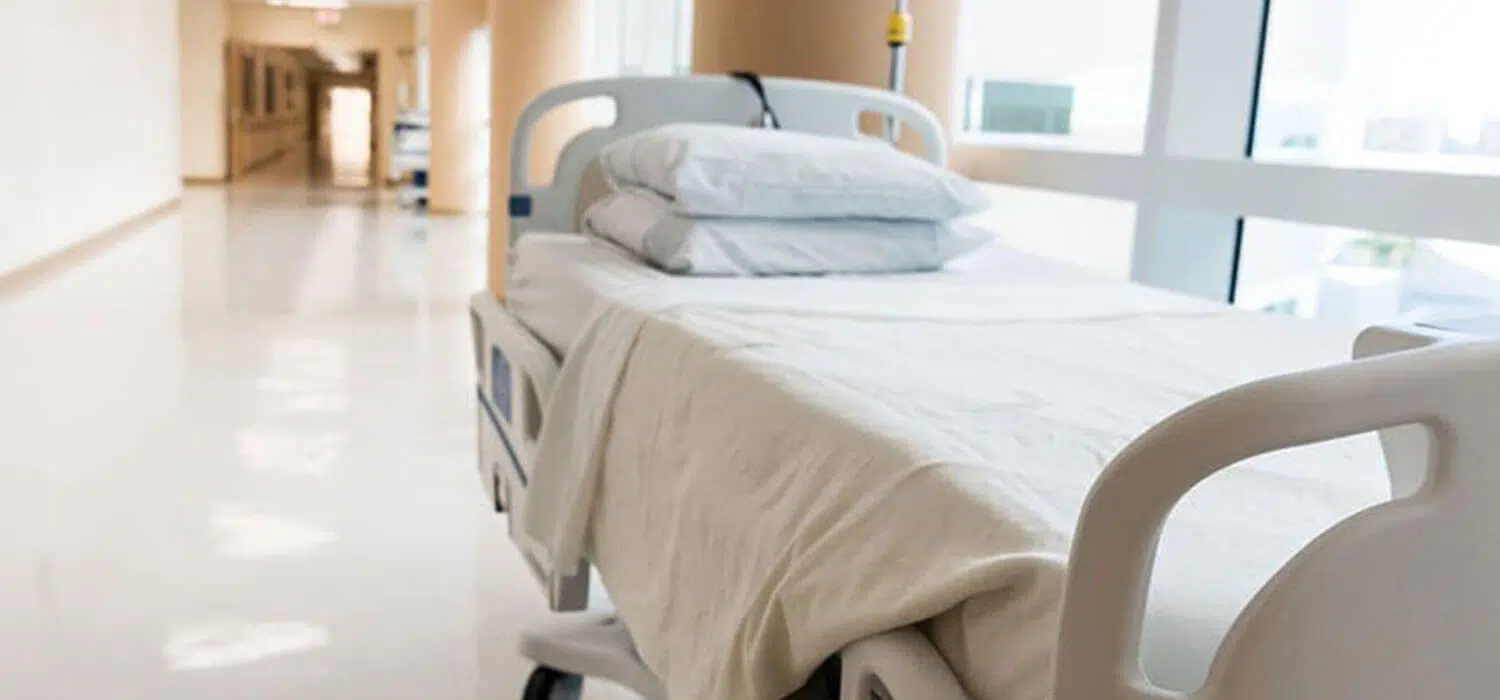Slip and fall cases in Colorado are complicated. Anyone injured on the premises of a place of business can potentially pursue a personal injury claim against the business owner. Under existing Colorado laws, companies have premises liability to almost everyone, whether they are a small business or a big chain store.
If a person slips and falls in a Colorado place of business, how do they know if the business is at fault? How can they tell if the fault entitles them to compensation? The Law Offices of Edward Smith can provide an overview of what to expect.
Premises Liability Overview in Colorado
Under Title 13 of Colorado law, the duty of the proprietor depends on the injured party’s classification at the time of the accident. Premises liability relies on the injured party falling into one of the following three categories:
- Trespassers
- Licensees
- InInvitees
A business owner has no duty of care for a trespasser, provided they don’t deliver a deliberate injury to the person. Trespassers are those who are uninvited to the business after work hours. Burglars fall under this category.
On the other hand, licensees are only entitled to compensation if the proprietor knew about the dangerous condition and did nothing to prevent it. Licensees include dinner guests and neighbors on your property when you are a homeowner.
Finally, a place of business is expected to provide the highest duty of care to its invitees. An invitee is an individual who is on the property to conduct business. Invitees include patrons, customers, employees of the business, and even contractors coming into your home (such as lumbers or carpenters).
What Qualifies as a Slip and Fall?
According to the National Safety Council, almost 700 workers died from an accidental fall in 2016, while more than 48,000 people suffered injuries that were so serious they were forced to take time off from work.
If you slip in a place of business in Colorado and you are either a licensee or invitee, you can file a lawsuit against the business. Hazardous conditions like torn or damaged carpeting, slippery or wet floors, and narrow stairs can cause slips and falls and qualify as a business having premises liability. Here in Colorado, while there is an understandable amount of yearly snow and ice, it is still the responsibility of the business owner to take the proper steps to keep their property safe for patrons and employees.
Homeowners and government entities also potentially bear a responsibility to people who slip and fall on their properties, but the details may vary depending on who actually owns the property on which the person was injured. For example, if a property is owned by a government entity, the injured party must submit their claim within 182 days of the incident.
Regardless of whose property you were on at the time of the incident, attorney Ed Smith can help you determine the best course of action to take in order to pursue fair compensation.
Proving Premises Liability in a Slip and Fall Accident
Is there a sure way to prove that a business is responsible for the injuries? The short answer is no. That’s because slip and fall considerations are looked at on a case-by-case basis. The court will examine the evidence of situations where proprietors acted with care to prevent accidents.
Note, however, that there are a few generalized rules for such circumstances. Evidence of a dangerous condition is crucial if you want to make a personal injury claim, and the dangerous condition should present an unreasonable risk to a person in the area.
To establish that the property knew the presence of the dangerous condition, the following evidence will likely provide substantial proof:
- Eyewitness reports
- Video or CCTV evidence
- Medical evaluations
Relevant evidence must establish that the business was privy to the condition. They must know about the situation in order to be negligent. Moreover, the danger should exist for a reasonable amount of time that the business could be aware of it.
Your Longmont Area Slip & Fall Attorney
Slip and fall cases can have unexpected complications and require the knowledge of an experienced personal injury attorney. A knowledgeable attorney can learn the details of your case, explain your available options, and guide you throughout the legal process.
If you have suffered an injury while in a place of business, you have the right to take action to hold the business accountable. The Law Offices of Edward Smith is ready to help with your situation. Ed is a former attorney for insurance companies and will do his best to help you with your claim. Call today to schedule a free consultation with a skilled attorney.
The Law Offices of Edward Smith proudly serves clients in Longmont, Boulder, Frederick, Firestone, Loveland, and throughout the counties of Boulder, Weld, and Larimer in Colorado.

